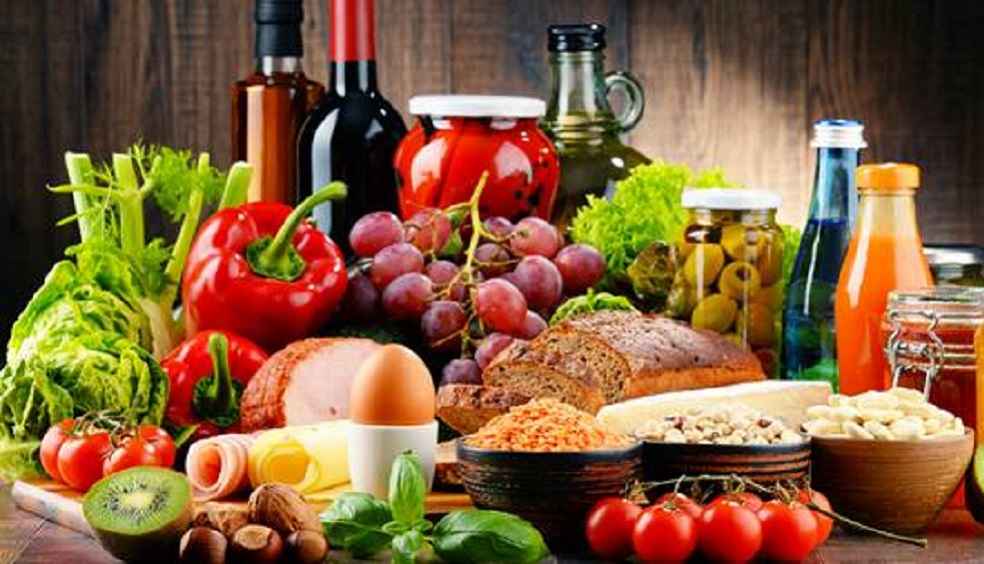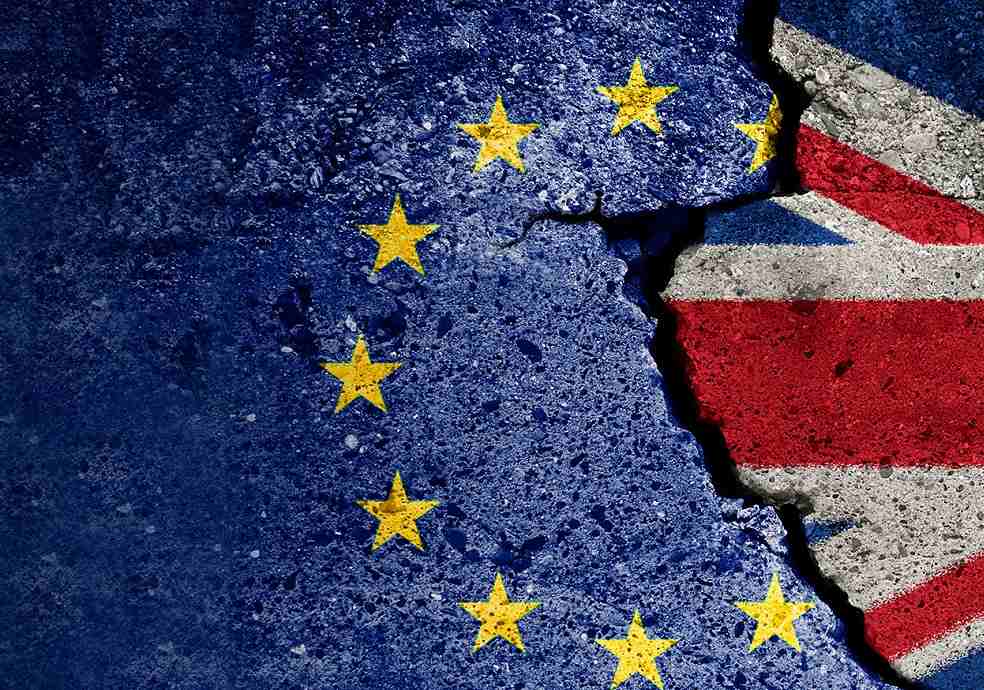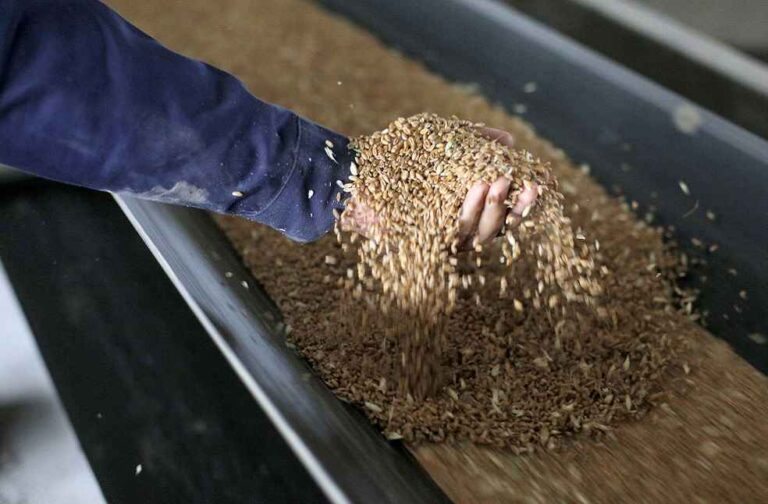The United Kingdom’s government directive to levy post-Brexit import tariffs on European Union-derived foodstuffs and botanical products heralds a potential escalation of consumer prices. Detailed by the Department for Environment, Food and Rural Affairs, these tariffs, termed the common user charge, will affect diminutive consignments of animal and plant commodities traversing through pivotal entry junctures such as Dover’s port and the Eurotunnel at Folkestone, commencing 30 April.
These newly instituted fees, potentially escalating to £145, aim to defray the expenditures associated with border inspections, thereby enhancing biosecurity measures to forestall the ingress of plant and animal pathogens into the United Kingdom. Despite these intentions, the trade sector’s critique underscores an apprehension towards augmented operational costs and consumer price inflation, with a concomitant contraction in product assortment available to patrons.
William Bain, esteemed Head of Trade Policy at the British Chambers of Commerce, articulated disappointment with the governmental decree, underlining an oversight of sectoral trepidations. “The level of import charges shows scant regard to the interests of both businesses and consumers,” he said. “A flat rate fee for bringing most animal and plant products into the UK is a hammer blow for small and medium-sized importers. It’s also deeply concerning for retailers, cafes and restaurants.”

Phil Pluck, distinguished Chief Executive of the Cold Chain Federation, lambasted the procedural and temporal aspects of the tariff’s enactment, denouncing it as precipitate and emblematic of the governmental disregard for the integral sectors of the United Kingdom’s economy. Pluck prognosticates an unequivocal surge in food valuations, attributing this to the inevitability of United Kingdom importers of goods deemed medium and high-risk transferring the financial burden onto European Union importers, smaller United Kingdom retailers, or directly to consumers.
James Barnes, Chair of the Horticultural Trades Association, echoed sentiments of disquiet, particularly concerning the proclamation’s timing, which he believes undermines the competitiveness of United Kingdom horticulture through the imposition of unwarranted financial encumbrances. Barnes highlighted the disproportionate impact on small enterprises, notably within the horticultural domain, predicting escalated expenses, diminished consumer choice, and the specter of barren shelves, which could, by extension, impinge upon biodiversity and the nation’s environmental objectives.

Contrasting with these apprehensions, the United Kingdom government maintains that the tariff’s objective is to recuperate the operational costs of border facilities requisite for essential biosecurity examinations. Despite prior deferrals intended to facilitate business preparedness and minimize supply chain perturbations, the government asserts that the tariff, conceived through extensive industry dialogue and inclusive of a ceiling to aid smaller ventures, underscores a commitment to the seamless influx of imported merchandise.
As the United Kingdom navigates the intricacies of its post-Brexit epoch, the instatement of these import tariffs underscores the enduring challenges and adaptive necessities confronting both governmental and commercial entities, with profound implications for consumer pricing and market diversity. The landscape remains fluid, with potential for further discourse as entities across the spectrum endeavor to reconcile the complexities of the United Kingdom’s evolving trade relations and regulatory schema.
LATEST NEWS | Yellen Targets China’s Trade Practices in High-Stakes Visit



